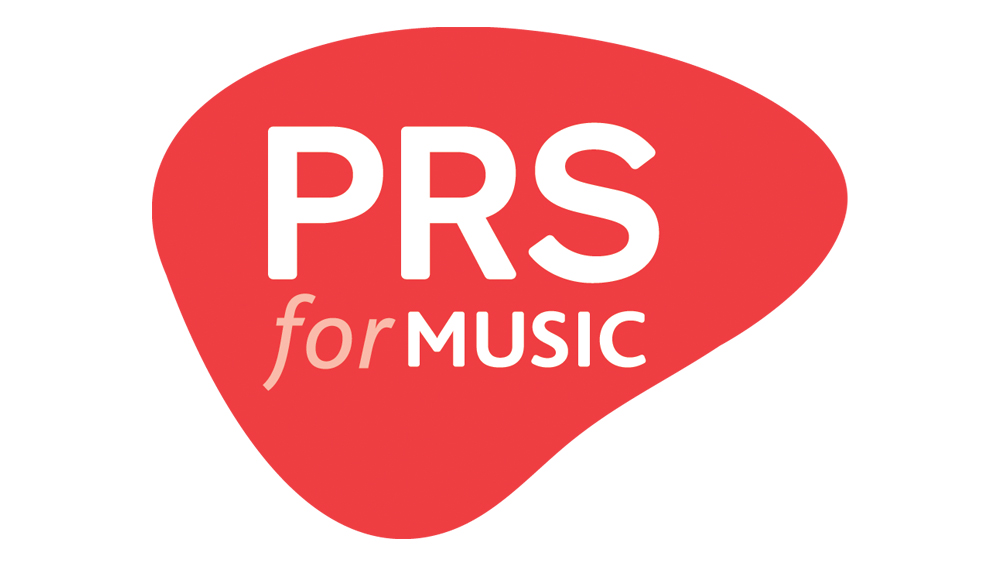PRS for Music, which represents 140,00 songwriters, composers and publishers, has reported its end of year figures for 2018 with royalties rising to a record £746m.
UK music performed particularly well overseas with international revenues seeing a 9.1 percent increase, bringing in £280.6m.
This global boost was fuelled by the success of PRS for Music members Ed Sheeran, U2 and the Rolling Stones.
Live revenues also saw a boost of 12.8 percent to £38.9m, helped by British festivals like British Summer Time in Hyde Park, London alongside tours by Florence and the Machine and Paul McCartney.
While income from broadcasters fell by five percent to £127.7m, reflecting a decline in traditional TV viewing, online revenues have increased by 17 percent to £145.7m.
The online rise is due, in part, to rising subscriptions to Spotify and Apple, but also following a licensing agreement with Facebook, Instagram and Mixcloud for music played on those platforms.
PRS for Music’s chief executive officer commented that last month’s vote to approve the changes to European copyright laws exposed the potential of seeking royalty revenue from online gaming.
His comments follow a virtual concert by Marshmello, which was attended by 11 million Fortnite players in-game avatars.
Robert Ashcroft, chief executive, PRS for Music, says: ‘Royalties from international and digital continue to underpin our growth. The way in which we all consume music has changed dramatically over this period, switching from ownership to access, but the popularity of UK music endures. Long may it continue.’
In this Q&A for M, Ashcroft looks behind the headline results to explain what the 2018 figures really mean for songwriters, composers and publishers.
UK music performed particularly well overseas with international revenues seeing a 9.1 percent increase, bringing in £280.6m.
This global boost was fuelled by the success of PRS for Music members Ed Sheeran, U2 and the Rolling Stones.
Live revenues also saw a boost of 12.8 percent to £38.9m, helped by British festivals like British Summer Time in Hyde Park, London alongside tours by Florence and the Machine and Paul McCartney.
While income from broadcasters fell by five percent to £127.7m, reflecting a decline in traditional TV viewing, online revenues have increased by 17 percent to £145.7m.
The online rise is due, in part, to rising subscriptions to Spotify and Apple, but also following a licensing agreement with Facebook, Instagram and Mixcloud for music played on those platforms.
PRS for Music’s chief executive officer commented that last month’s vote to approve the changes to European copyright laws exposed the potential of seeking royalty revenue from online gaming.
His comments follow a virtual concert by Marshmello, which was attended by 11 million Fortnite players in-game avatars.
Robert Ashcroft, chief executive, PRS for Music, says: ‘Royalties from international and digital continue to underpin our growth. The way in which we all consume music has changed dramatically over this period, switching from ownership to access, but the popularity of UK music endures. Long may it continue.’
In this Q&A for M, Ashcroft looks behind the headline results to explain what the 2018 figures really mean for songwriters, composers and publishers.


